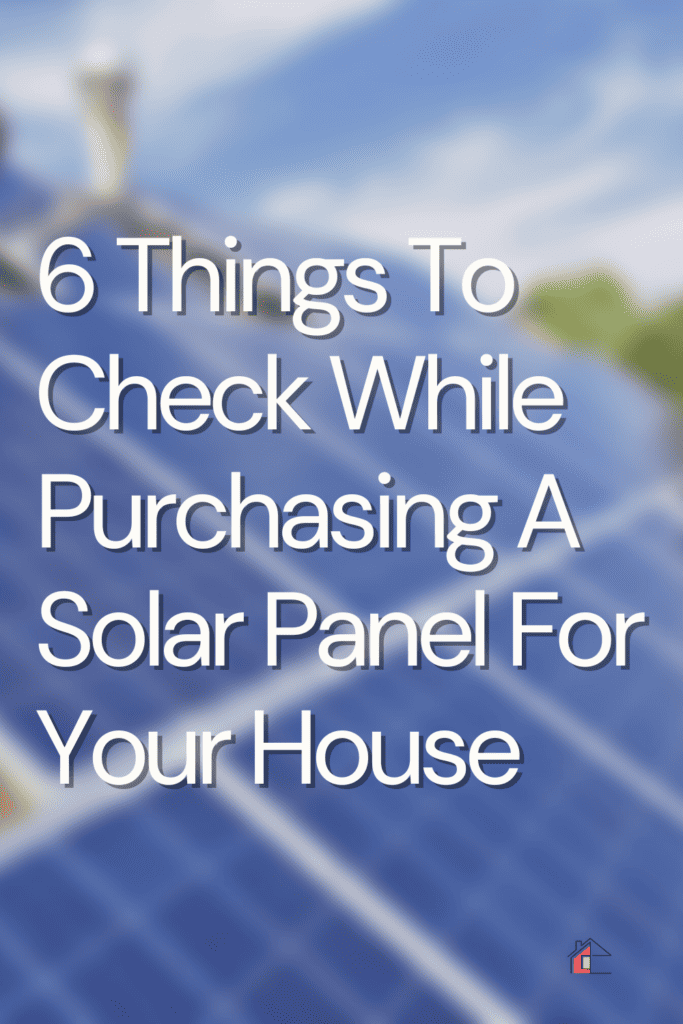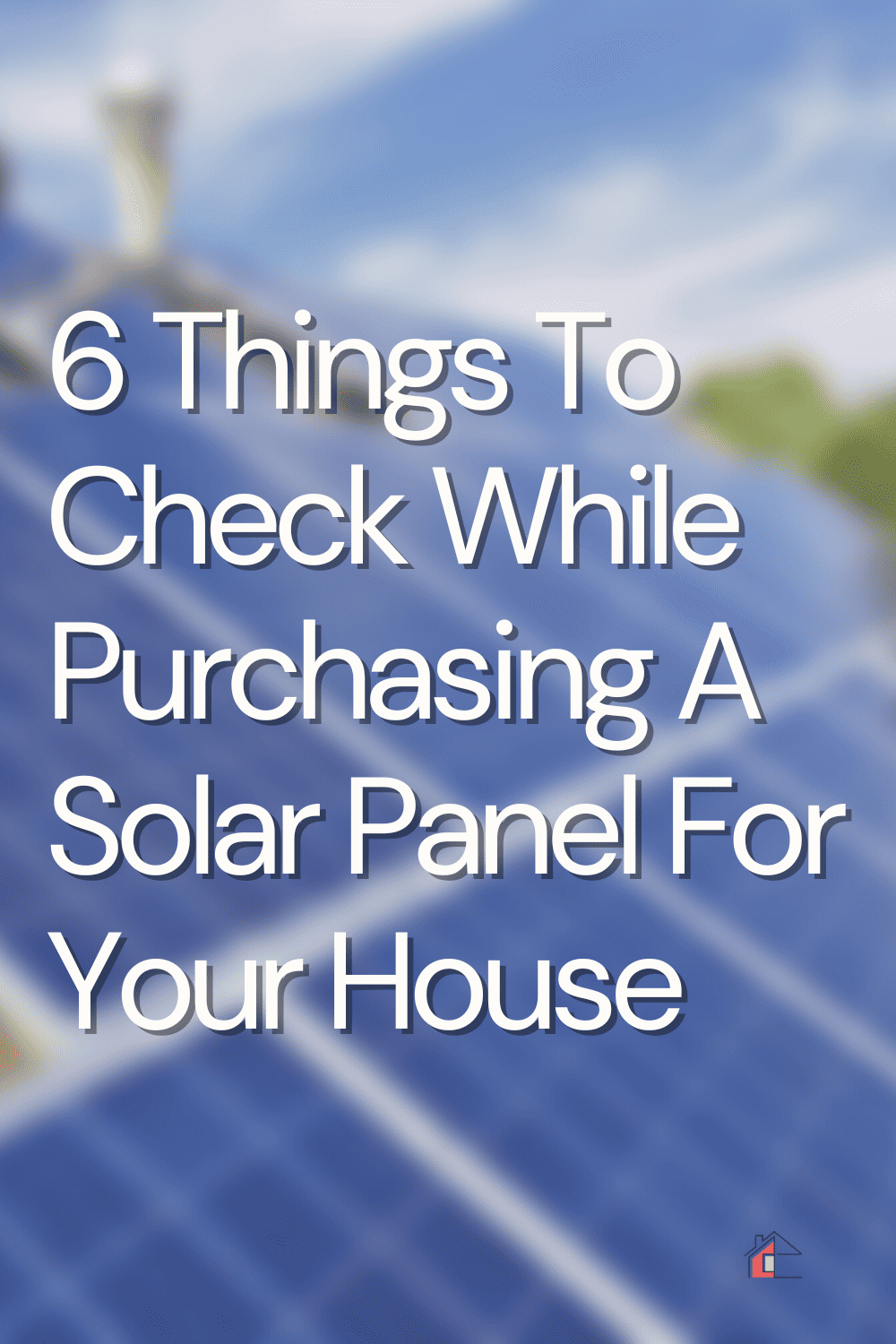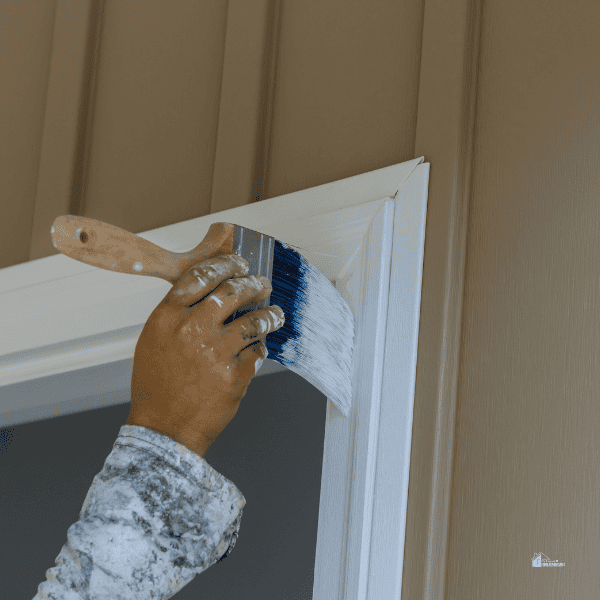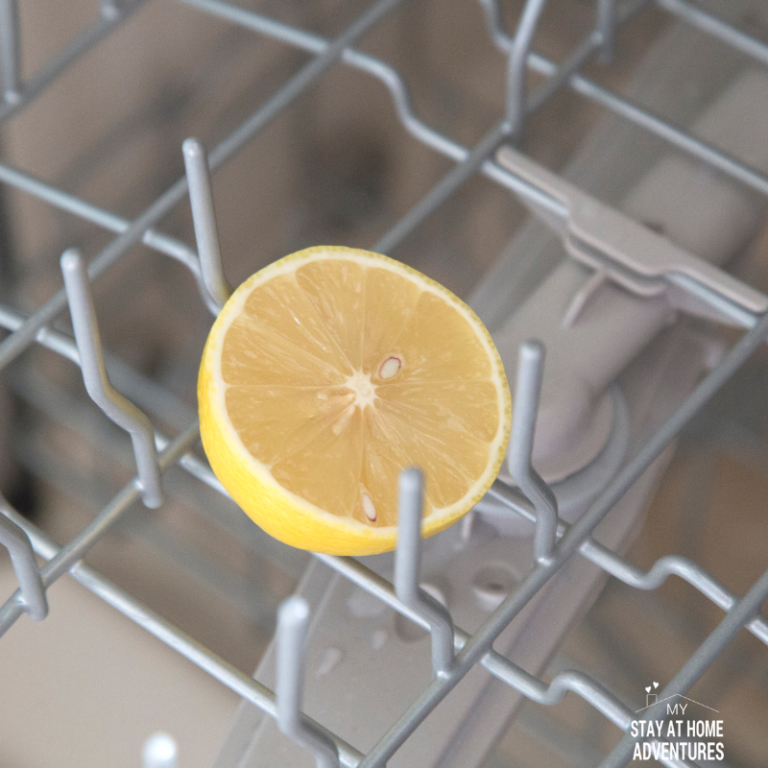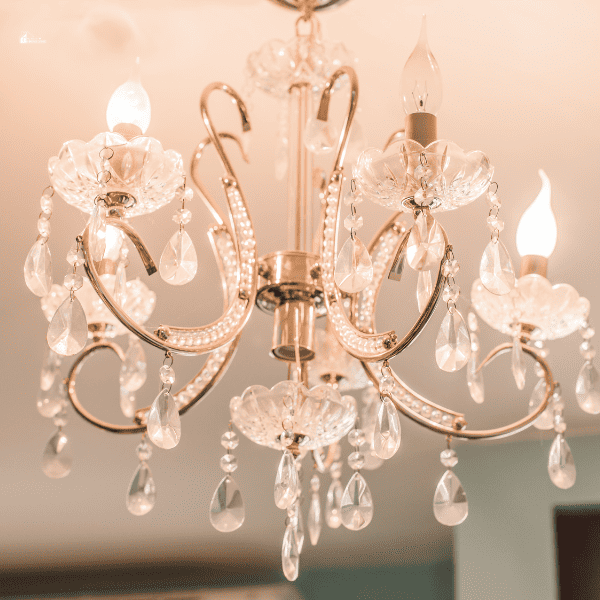6 Things To Check While Purchasing A Solar Panel For Your House
This post may contain affiliate links which might earn us money. Please read my Disclosure and Privacy policies hereAre you planning to make the switch and adopt an eco-friendly lifestyle? Solar panels are a great way to do just that. But before you invest in one, there are several things that you should consider first to ensure a successful installation.
Choosing the wrong solar panel may lead to costly repairs or inefficient energy generation – which is why it's important to know what qualities to look out for while making your purchase.
Let's detail 6 top factors like Oregon solar incentives to consider when buying solar panels for your home. Read on as we discuss them further!
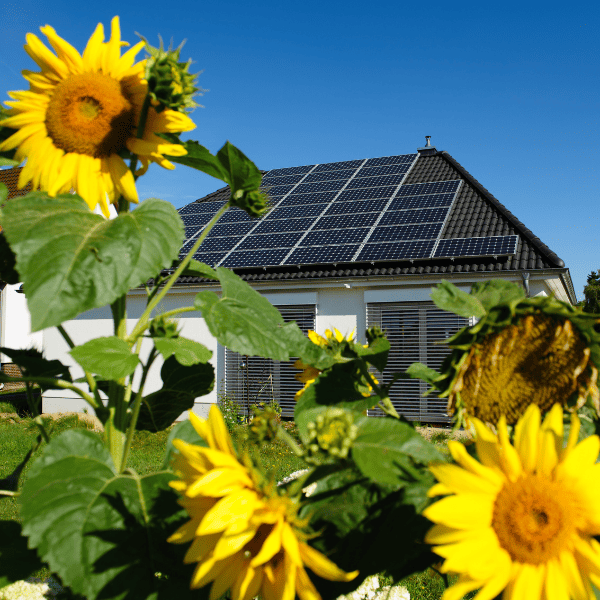
What To Check While Purchasing A Solar Panel
1. Wattage and efficiency rating
When purchasing a solar panel for your house, there are a few key factors to consider. Of utmost importance are the panel's Wattage and efficiency ratings. Wattage is the power the panel can produce and is typically measured in watts.
A higher Wattage means more electricity generated, so if you're looking to run multiple devices or appliances off your solar panel, you'll want to choose one with a higher Wattage. Efficiency rating, however, measures how well the panel can convert sunlight into usable energy.
It's calculated as a percentage, with higher percentages indicating better performance overall. As you weigh your options and choose the right solar panel for your home, pay close attention to Wattage and efficiency ratings to make an informed decision and optimize your investment in solar energy.
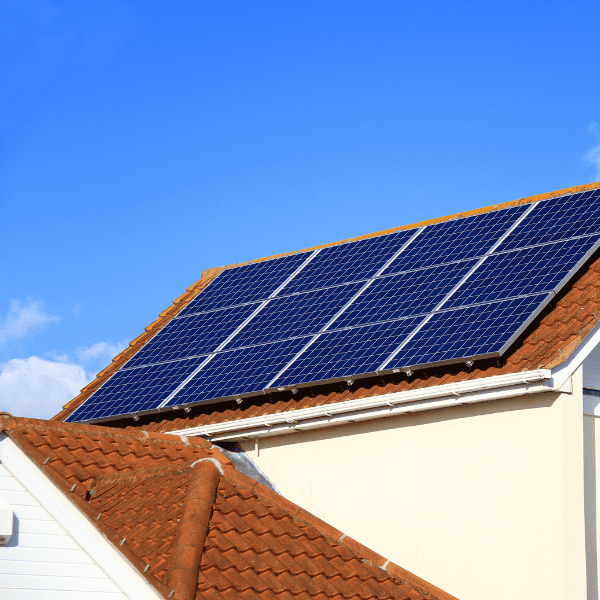
2. Type of solar cells used
One of the most important factors to consider when purchasing a solar panel for your house is the type of solar cells used. The solar cell type will impact the panel's efficiency and cost. There are three primary varieties of solar cells: monocrystalline, polycrystalline, and thin film.
Monocrystalline solar cells are the most efficient but also the most expensive. They have high purity and are made from a single silicon crystal. Polycrystalline solar cells are less expensive and slightly less efficient than monocrystalline cells. They are made from multiple crystals of silicon.
Thin-film solar cells are the least expensive and least efficient type. Solar panels are created by placing a thin layer of photovoltaic material onto a substrate, resulting in a flexible and lightweight product. It's essential to consider the type of solar cells used in a panel when deciding, as this can help ensure your solar panel system is both cost-effective and efficient.
3. Size and dimensions
When you're in the market for a solar panel to power your home, it's essential to consider the size and dimensions of the panel you're interested in. The efficiency and capacity of a solar panel can be affected by its size and dimensions.
Larger panels may generate more energy but may not be suitable for homes with limited roof space. It's essential to measure the area where you plan to install the panel and consider any potential shading or obstructions that may impact its performance.
By taking the time to consider the size and dimensions of your solar panel carefully, you can ensure that you're making an informed decision that will meet your needs for years to come.
4. Durability and resistance to weather conditions
When purchasing a solar panel for your home, it's essential to consider the durability and weather resistance of the product. When investing in a solar panel, it's essential to consider your long-term commitment and ensure that it can withstand challenging environmental conditions.
Harsh weather conditions like heavy rain, hail, and strong winds can cause damage to solar panels, so choosing panels specifically designed to resist these elements is crucial. Additionally, you should keep in mind that factors like temperature and humidity can also impact the lifespan of your solar panel, so it's essential to consider these when choosing the right one for your needs.
Therefore, finding a durable product that can withstand various weather conditions is crucial. By doing so, you can be confident that your solar panel will provide reliable and efficient energy for your home for many years.
5. Warranty and customer support service
Remember a few key things when purchasing a solar panel for your home. One of the most important factors to consider is the warranty offered by the manufacturer. This will ensure that you are protected in case of any defects or other issues with your panel.
Additionally, looking for a company that provides excellent customer support service is essential. This will give you peace of mind that you can get help quickly and efficiently if you have any questions or concerns about your system. Be sure to research and choose a company with a solid reputation for providing quality products and outstanding support.
6. Price and value for money
When investing in a solar panel for your home, one of the most important factors to consider is the price and the value for your money. It might seem like a good idea to go with the least expensive option, but that may not be the most economical decision in the long term.
Instead, it's essential to research and look for a solar panel that balances affordability and quality. A higher-priced panel may be worth the investment if it offers superior energy efficiency and durability, while a cheaper panel could cost you more in maintenance and replacement costs.
Finding a solar panel that fits your budget and meets your energy needs requires careful consideration and expert guidance.
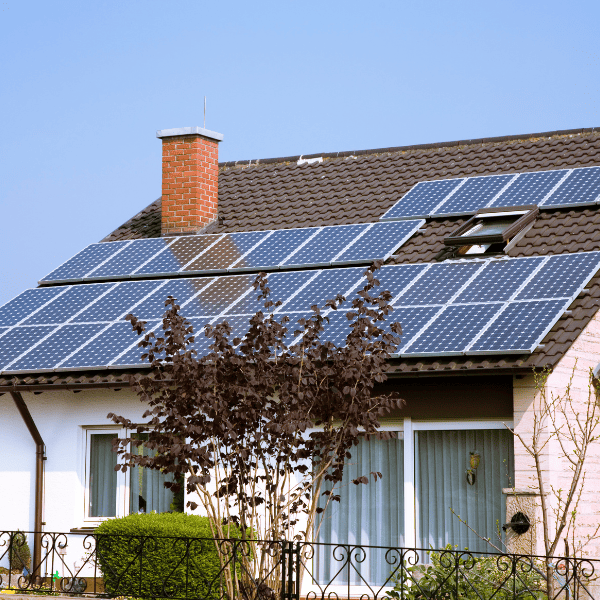
Purchasing a solar panel for your house is an excellent step forward in embracing renewable energy sources. Thinking carefully about the quality, cost, certification, efficiency, warranty, and orientation of the panels will make all the difference in investments.
If you follow all these steps and verify that your house can support solar energy, you are ready to leap into sustainable living!
